soft power
If only America were fighting more wars, Russia would never have taken Crimea. That’s basically the argument John McCain made last Friday in The New York Times. “For five years,” he complained, “Americans have been told that ‘the tide of war is receding’.… In Afghanistan and Iraq, military decisions have appeared driven more by a desire to withdraw than to succeed.”
The outcome of the crisis in Ukraine depends to an unusual extent on the intentions of one man: Russian President Vladimir Putin. In the last few weeks, since the collapse of Viktor Yanukovych’s Russia-friendly regime and Moscow’s precipitous invasion of Crimea, analysts have been obsessed with trying to get inside the Russian leader’s mind.
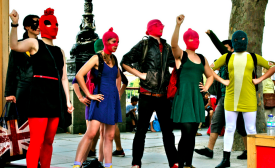
Topless demonstrators in Ukraine are part of the self-defined “sextremist” Femen group – radical women protesting the Russian invasion of Crimea.
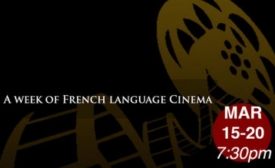
More than 130,000 people are said to have died in Syria’s civil war. United Nations reports of atrocities, Internet images of attacks on civilians, and accounts of suffering refugees rend our hearts. But what is to be done – and by whom?
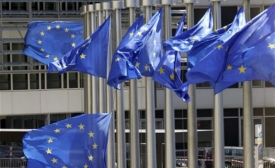
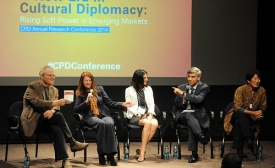
Take a moment to see some of the photos from the USC Center on Public Diplomacy's 9th Annual Research Conference, “A New Era in Cultural Diplomacy: Rising Soft Power in Emerging Markets,” held on February 28th. Scholars and practitioners from 10 different countries shared their research and insights on the expanding phenomenon. This conference explored the cultural diplomacy efforts pursued by a number of countries with emerging economies.
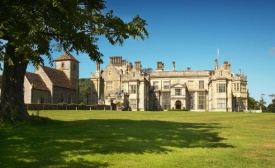
Join CPD on April 23 for a conversation about soft power in action with Wilton Park CEO, Richard Burge.







